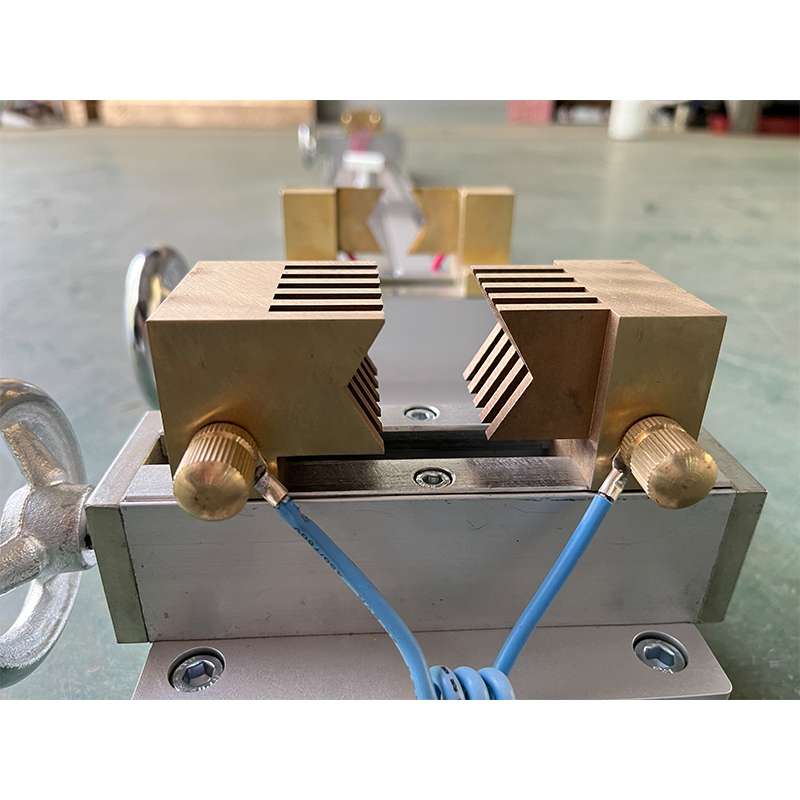resistance test instrument
Understanding Resistance Test Instruments A Key to Electrical Safety
In the realm of electrical safety, resistance test instruments play a crucial role in ensuring the integrity and performance of electrical installations. These instruments are designed to measure the resistance of various electrical components, such as cables, connectors, and grounding systems. By evaluating the resistance levels, technicians can identify potential issues that may compromise safety and functionality in electrical systems.
Resistance testing is essential in various applications, including residential, commercial, and industrial settings. One of the primary uses of resistance test instruments is to assess the effectiveness of grounding systems. Proper grounding is vital for protecting both people and equipment from electrical faults, and resistance measurements can indicate whether a grounding system is functioning correctly. Typically, the acceptable resistance level for grounding systems is below 5 ohms, though this can vary based on local regulations and specific project requirements.
The most common types of resistance test instruments include digital multimeters, earth resistance testers, and insulation resistance testers. Each type serves a specific purpose and operates based on different principles. Digital multimeters are versatile tools that can measure resistance, voltage, and current, making them ideal for general electrical testing. On the other hand, dedicated earth resistance testers focus specifically on measuring the resistance of grounding systems and often employ the four-point test method for more accurate readings.
resistance test instrument

When using resistance test instruments, it is crucial to follow proper procedures to ensure accurate results. This includes ensuring that the equipment is calibrated correctly, the test leads are securely connected, and that measurements are taken under suitable environmental conditions. Inaccurate readings can lead to improper assessments, potentially resulting in compromised electrical systems and increased risks.
Moreover, resistance test instruments are invaluable for preventive maintenance. Regular testing of electrical systems can help identify wear and degradation over time, allowing for proactive repairs before issues escalate into serious problems. This is especially important in industries where electrical reliability is critical, such as healthcare, manufacturing, and data centers.
In conclusion, resistance test instruments are indispensable tools in the field of electrical safety. By measuring resistance levels and ensuring proper grounding, these instruments help mitigate risks associated with electrical faults. Regular testing and maintenance not only enhance the reliability of electrical systems but also protect lives and property. As technology continues to advance, we can expect further improvements in the accuracy and functionality of resistance test instruments, making them even more effective in safeguarding our electrical infrastructure.
-
Why the Conductor Resistance Constant Temperature Measurement Machine Redefines Precision
NewsJun.20,2025
-
Reliable Testing Starts Here: Why the High Insulation Resistance Measuring Instrument Is a Must-Have
NewsJun.20,2025
-
Flexible Cable Flexing Test Equipment: The Precision Standard for Cable Durability and Performance Testing
NewsJun.20,2025
-
Digital Measurement Projector: Precision Visualization for Modern Manufacturing
NewsJun.20,2025
-
Computer Control Electronic Tensile Tester: Precision and Power for the Modern Metal Industry
NewsJun.20,2025
-
Cable Spark Tester: Your Ultimate Insulation Assurance for Wire and Cable Testing
NewsJun.20,2025
 Copyright © 2025 Hebei Fangyuan Instrument & Equipment Co.,Ltd. All Rights Reserved. Sitemap | Privacy Policy
Copyright © 2025 Hebei Fangyuan Instrument & Equipment Co.,Ltd. All Rights Reserved. Sitemap | Privacy Policy
